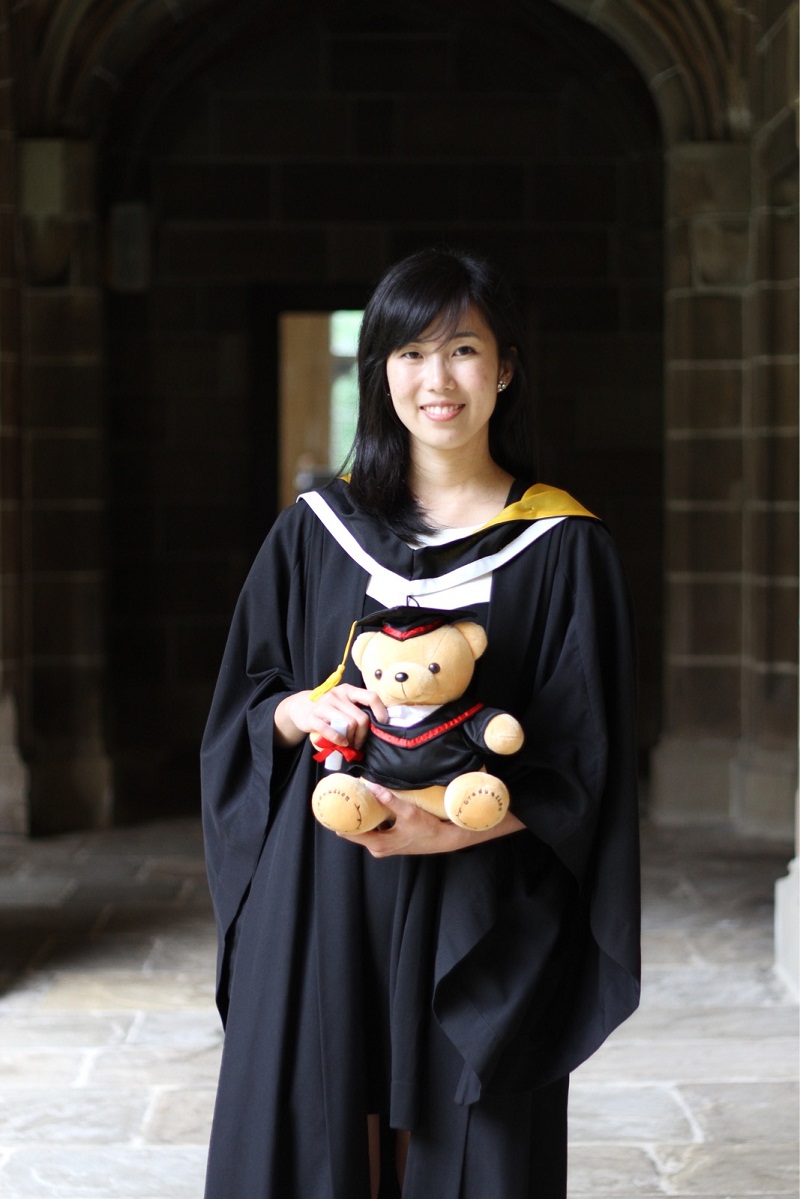PETALING JAYA, Sept 19 — Having lost her father last year after he supported her throughout her academic journey, scientist Lam Shu Jie wished he was around to witness her achievement.
“We still miss him a lot ... and I wish he was around to share the joy with us,” the 25-year-old University of Melbourne PhD student said.
Shu Jie, who specialises in chemical and biomolecular engineering, said it has been a trying time for her and her family since her father’s death.
“His passing was quite sudden. I was in Australia at the time and flew back immediately,” she said.
“I took a three-month break to help settle some family matters. My mum, sister and I have supported each other well during this trying period. We also got a lot of help from friends and family.”
Her father, Dr Lam Pan Nam, was a paediatrician based in their hometown, Batu Pahat.
Shu Jie said he used to check on her regularly, especially when she was having trouble with her research projects.
“When I was doing animal testing for research, I had a lot of problems establishing the model. We had to get the bacteria infection model in mice ‘optimised’ even before we could start injecting the polymers,” she said.
“I couldn’t get that to work for a long time. My dad would call me regularly to ask how my mice (was) doing. He was quite a humorous person. So when times were stressful, his jokes and humour always made things seem better.”
Shu Jie made international headlines last week when she came up with a significant scientific discovery — a possible substitute to antibiotics.
She developed a chain of unique tiny star-shaped polymer structures made from short chains that were able to destroy antibiotic-resistant bacteria, known as superbugs, without hurting the good cells.
Her mother, Seet Poh Chou, 59, said there has been a cloud of sorrow since her husband’s demise.
“He was a paediatrician so he understood Shu Jie’s research and all she was doing. She shared a lot with him and he encouraged her,” Seet told Malay Mail.
“They connected on their mutual academic interests and he was also experienced in the laboratory. Each time she came back (from Melbourne), he would bring her out to supper.”
She said her husband used “supper” as an excuse to spend more time with her.
“She thought it was because he liked to eat, that’s why he brought her out for supper often, but he wanted to spend more time with her. He wanted to talk to her and learn about what she was doing.”
Seet said Shu Jie was a quiet and disciplined girl when she was growing up.
“I didn’t need to tell her to study, she would prepare all the exercise books by herself,” she said.
“She also skipped Standard Four in primary school.”
Seet said she made it a point to take Shu Jie to a bookshop just after she was done with her examinations because she loved to read.
“I would bring her to the bookshop so she could free her mind after studying,” she said.



















